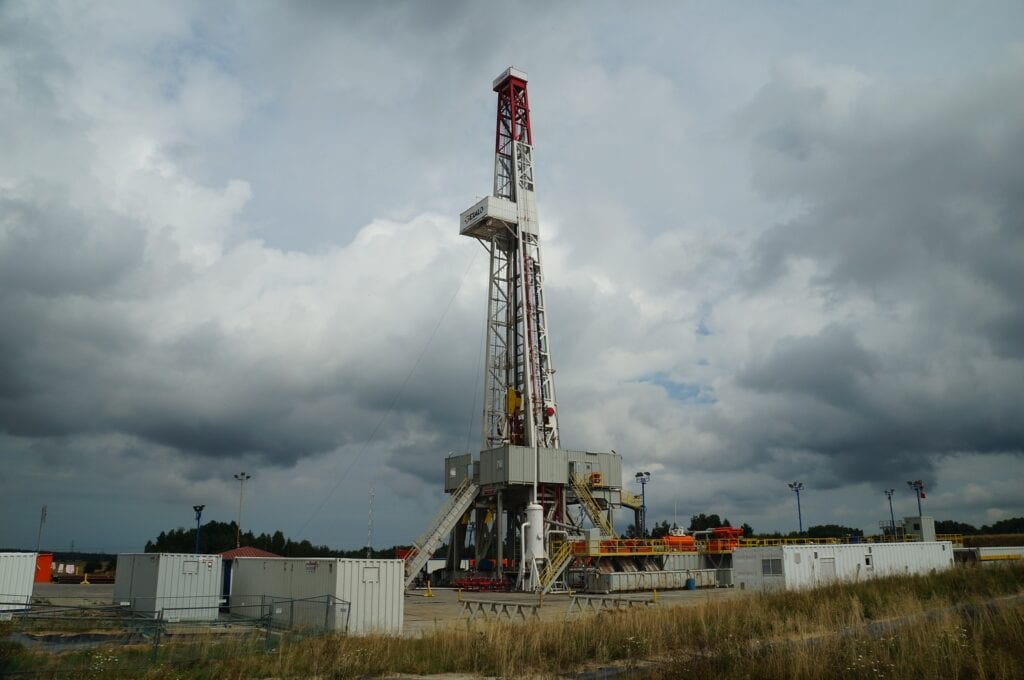New Grand Jury Report Found Pennsylvania Department of Environmental Protection Failed to Protect Public from Hydraulic Fracturing Hazards

A recently released Pennsylvania Grand Jury report lambasted the Department of Environmental Protection (DEP) for failing to protect the public from health hazards tied to hydraulic fracturing. The Grand Jury found that regulators had failed to set and enforce rules to protect public health and instead deferred to the hydraulic fracturing industry’s assurances of safe drilling practices. The Grand Jury report was the result of an in-depth investigation into the hydraulic fracturing industry across the state commissioned by Pennsylvania Attorney General Josh Shapiro. The Grand Jury also developed criminal presentments against drilling companies for environmental crimes.
The Grand Jury put forth technical data and other records from leading experts and dozens of employees from the Pennsylvania DEP and Department of Health. They heard the testimony of 30 current and former DEP employees as well as the testimony of more than 75 affected families.
Numerous residents testified to having suffered nausea, nosebleeds, headaches, and dead livestock as a result of hydraulic fracturing operations. People also testified that consumption of contaminated drinking water from hydraulic fracturing caused their health issues.
These residents testified that hydraulic fracturing operations caused drinking water discoloration and foul smells, disruptive noise into the night, and waste impoundments that caused them to suffer nausea and dizziness. The Grand Jury found the requirement that hydraulic fracturing wells be setback 500-foot from buildings to be severely inadequate to protect surrounding inhabitants.
According to the report, DEP failed to notify residents of contaminated wells and quickly closed water quality complaint cases purporting that there was insufficient evidence, while other complaints were never fully investigated. Overall, the Grand Jury determined that DEP was wholly unprepared to govern the booming gas industry.
The Grand Jury also determined that the Department of Health (DOH) failed to comprehend the human health risks associated with the chemically-laden hydraulic fracturing process. Data collection is needed to fully understand the health impacts of hydraulic fracturing – an effort DOH failed to undertake. After over a decade of calls to study the issue further, the official answer to hydraulic fracturing health impacts remains uncertain. According to the report, DOH employees also testified that any hydraulic fracturing-related complaints they received were sent “into a proverbial ‘black hole.’”
The Grand Jury setout numerous ways to make industry operations safer for the public. Recommendations included:
- Expanding no-drill zones by increasing the minimum set-back from oil and gas wells to 2500 feet, rather than the current requirement of only 500 feet
- Further increasing no-drill zones near sensitive sites like hospitals and schools to 5000 feet
- Providing transparency of the chemical compounds used in hydraulic fracturing
- Regulating “gathering pipelines,” a network of smaller pipes, based on environmental risk as opposed to size
- Implementing stronger air pollution regulations that asses the cumulative impacts of hydraulic fracturing operations on local residents
- Improving the safety of toxic waste transportation by requiring waste trucks to be clearly identified with signage identifying the source of the waste
- Requiring DOH to conduct a comprehensive assessment of hydraulic fracturing’s impact on public health
- Reducing the risk of conflicts of interest between government employees and the hydraulic fracturing industry by requiring a period of delay before government employees can accept a position in the industry they recently regulated
- Extending criminal jurisdiction beyond DEP to the Attorney General’s Office to allow its environmental crimes division to bring criminal charges against bad actors in the hydraulic fracturing industry
The expansion of no-drill zones from 500 to 2500 feet is in line with similar proposals around the country to increase setback distance for new hydraulic fracturing wells. Any increase in mandatory no-drill zones would likely have positive impacts for the health of people living near hydraulic fracturing sites, but evidence is limited that increasing mandatory setback distance to 2500 feet would eliminate all negative local health impacts from hydraulic fracturing. Proponents of a 2500-foot no-drill zone often cite a 2012 study from the University of Colorado which found that people living within a half-mile (2640 feet) of wells had a greater risk for health impacts than people living further away.
The two-year Grand Jury investigation also led to criminal charges against multiple hydraulic fracturing companies for environmental crimes. Cabot Oil and Gas, Range Resources, National Fuel Gas Supply Corporation, and Southeast Directional Drilling have been charged with a variety of crimes, mainly related to the pollution of surface and ground water. Announcing the charges, Pennsylvania’s Attorney General cited the state’s Environmental Rights Amendment, which states that the people of Pennsylvania “have a right to clean air, pure water, and to the preservation of the natural scenic, historic, and esthetic values of the environment.”
The Grand Jury report emphasized that if lessons are not learned from the mistakes made, Pennsylvania is doomed to repeat them. Industries will always seek to exploit natural resources and it is the job of the government to protect its citizens by fully comprehending the dangers of exploitation before approving the process. Ultimately, the Grand Jury found that these risks should be borne by the industry exploiting the resources and not the residents living among them.
To access the Grand Jury report, click here.
